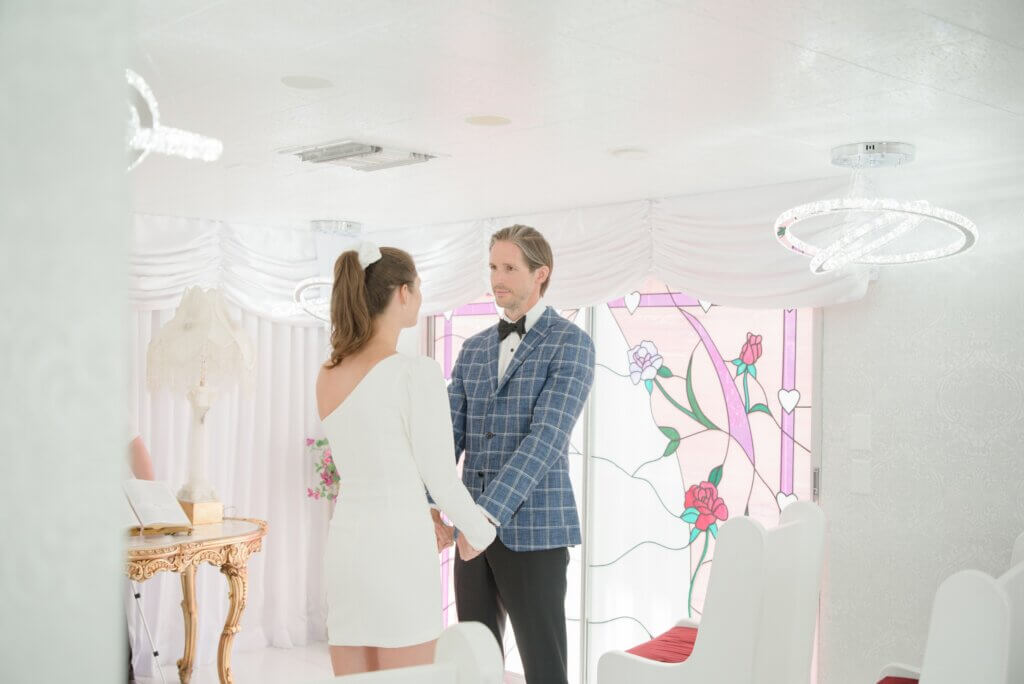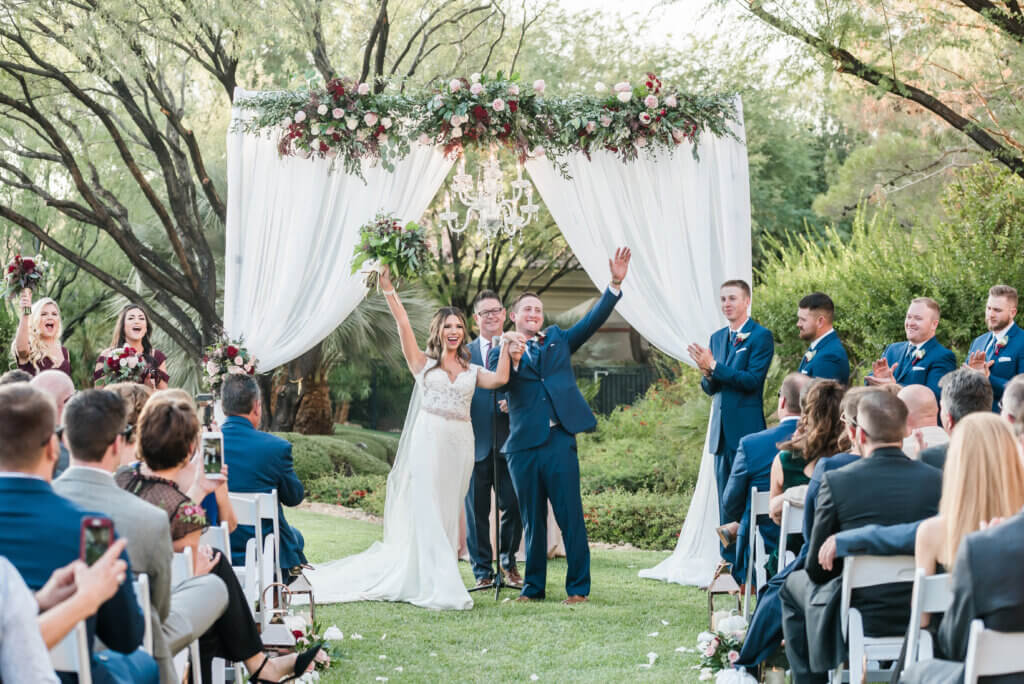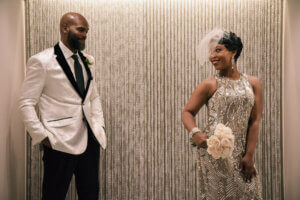Wedding planning is an exciting journey, but it’s also packed with endless choices — venues, vendors, colors, flowers, dresses, menus, music, guest lists — making the list never-ending. At first, making these decisions can be thrilling, but as the months pass, the weight of constant choices can lead to decision fatigue, a psychological phenomenon where mental energy depletes, making even small choices feel overwhelming.
When decision fatigue sets in, couples may experience irritability, stress and second-guessing—hardly the ideal mindset for planning a joyful occasion. But don’t worry, there are strategies to prevent burnout and make the planning process feel seamless, efficient and even enjoyable.
What is Decision Fatigue?

Decision fatigue occurs when the brain becomes overwhelmed by an excessive number of choices. Research shows that the more decisions we make in a day, the less energy we have for future ones. This explains why many couples feel enthusiastic at the start of wedding planning but later find themselves exhausted, indecisive and even irritable about important details further down the road.
Common signs of decision fatigue include:
- Procrastination on making final choices
- Feeling mentally drained or irritable
- Second-guessing decisions after they’re made
- Rushing through choices just to “get it over with”
- Becoming agitated or abrasive (maybe those “bridezillas” you hear about were just suffering from decision fatigue)
Fortunately, just as athletes train their bodies for endurance, you can train your mind to navigate wedding planning efficiently without burnout. Here’s how:
Prioritize the Big Decisions First
Not all decisions carry the same weight. Early in the planning process, focus on the major decisions like venue, date and budget. Once those are in place, smaller details will naturally fall into place. Trying to tackle everything at once is a surefire way to exhaust yourself mentally.
Limit Your Options
While having choices is great, too many can lead to paralysis. If you’re selecting a florist, caterer or dress, don’t overwhelm yourself by reviewing dozens of options. Instead, narrow it down to three strong contenders and choose from there. This reduces stress and speeds up decision-making.
Set a Time Limit for Each Choice
Lingering too long on a decision only drains more mental energy. Set a time limit—whether it’s 24 hours for small decisions or a week for larger ones. Have a trusted helper hold you accountable to this timeline. Sometimes having an outsider call you on your overthinking is the best way to disrupt it.
Delegate Whenever Possible
Wedding planning really shouldn’t have to be a solo or even duo effort–something you really only start to understand once you are in the thick of the process. Enlist the help of a wedding planner, trusted friend or family member to handle smaller decisions. Let your fiancé take ownership of certain tasks, too — it’s their wedding as well.
Create Decision-Making Rituals

Structure can make decision-making feel less overwhelming. For example, dedicate Sunday evenings as a date night for reviewing wedding details over dinner and a glass of wine, rather than making decisions sporadically throughout the week. This ritualistic approach makes planning feel more intentional and less like a constant mental drain.
Use the “Good Enough” Rule
Perfectionism is a fast track to decision fatigue. If a choice meets your needs and feels good, trust yourself and move forward. The perfect invitation font or napkin color won’t make or break your wedding day—what matters is how you feel throughout the process.
Take Breaks to Reset Your Mind
Mental rest is just as important as physical rest. Engage in activities that recharge your brain, like exercise, meditation or simply taking a walk outside. Stepping away from wedding planning for even a day can help you return with fresh clarity.
Keep Perspective: What Really Matters

At the end of the day, your wedding is about celebrating love, not obsessing over microscopic details. When feeling overwhelmed, ask yourself: “will this matter to me in five years?” Most of the time, the answer will be no, helping you refocus on the bigger picture.
Making Wedding Planning a Joyful Experience
Wedding planning gets to be enjoyable when it doesn’t feel like it’s become a second full-time job. By implementing strategic decision-making habits, setting boundaries and allowing yourself mental breaks, you can navigate this exciting chapter with ease and excitement instead of overwhelm.
Remember that the goal isn’t just to plan a perfect wedding. The goal is to enjoy the process and enter marriage with a clear, happy and energized mind.
The MIND Performance Therapist, Lindsey Paoli, MSMFT teaches the importance of self awareness and interpersonal relationships as a key to our greatest success and happiness. She is a Marriage and Family Therapy Intern, a corporate trainer and consultant, national expert news contributor and co-author of the bestselling book Living a Legacy. She is happily married (after a Vegas Wedding!) with two young children and has called the Vegas Valley home for nearly 20 years.


